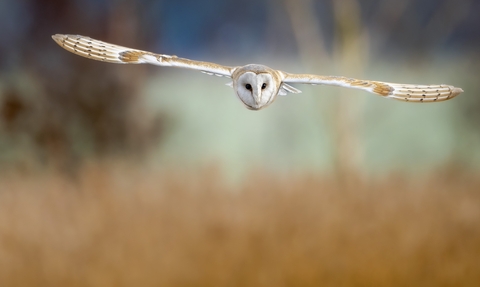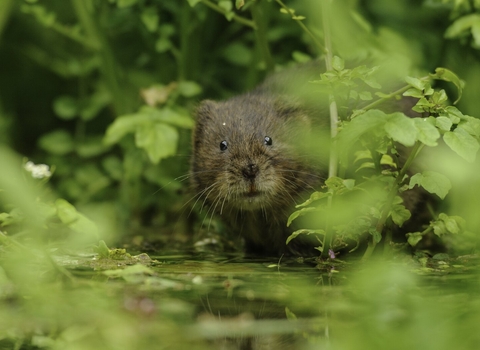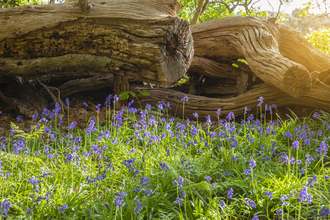
Barn owl (credit: Jon Bunting)
Wilder planning
Giving nature a voice
The planning process has an important part to play in safeguarding the future of our wildlife and the environments they inhabit. Inappropriate development can have a significant impact on wildlife, while sympathetic planning can help protect, enhance and even create new habitats – delivering valuable biodiversity enhancements.
We champion wildlife through the planning system to ensure that wildlife issues are taken into account in strategic plans which set policies that apply to all development and in individual planning applications.
We are also a non-statutory consultee for planning applications. Local Planning Authorities (LPAs) do not have an obligation to consult us, but we are routinely consulted on applications that may affect important wildlife sites. Our planning role is about promoting positive outcomes, as well as fighting potentially harmful proposals.
We don’t have the resources to respond to every application we are consulted on, and must prioritise responses to planning applications where we feel we can make the greatest difference for Norfolk’s special habitats and species. We usually can only get involved where cases will have a detrimental impact on County Wildlife Sites or our Nature Reserves. To maximise efficiency we avoid duplication with other wildlife organisations. We also regularly respond to Neighbourhood Plans and Local Plans.
The following link provides useful information, particularly for parish and town councils, on how to create a Neighbourhood Plan which safeguards and enhances the environment through its policies: Neighbourhood planning | Norfolk Wildlife Trust’
This link also provides useful planning information: Planning and development | The Wildlife Trusts’
Current cases

Water vole © Terry Whittaker/2020VISION
Respond to a planning application
Find out how to comment on applications near you to defend and protect your local wildlife.



